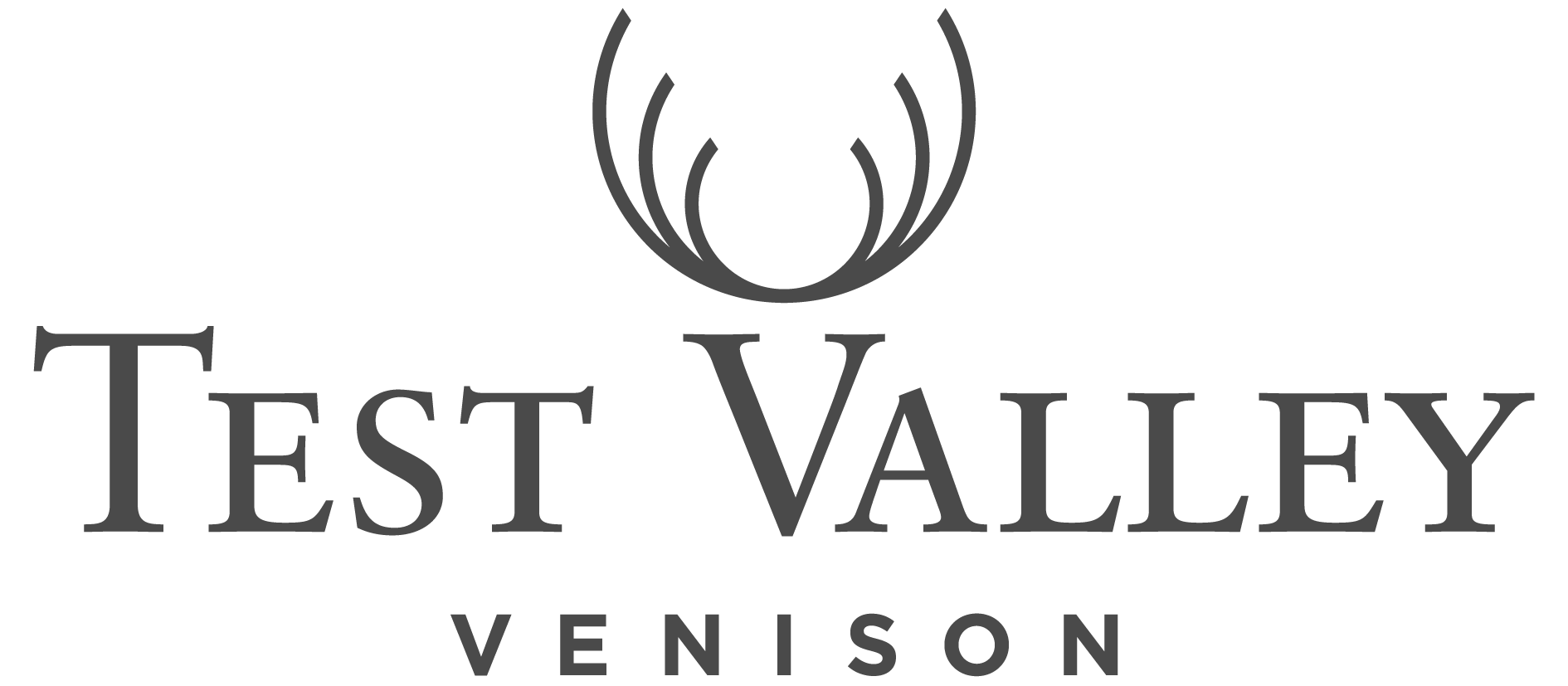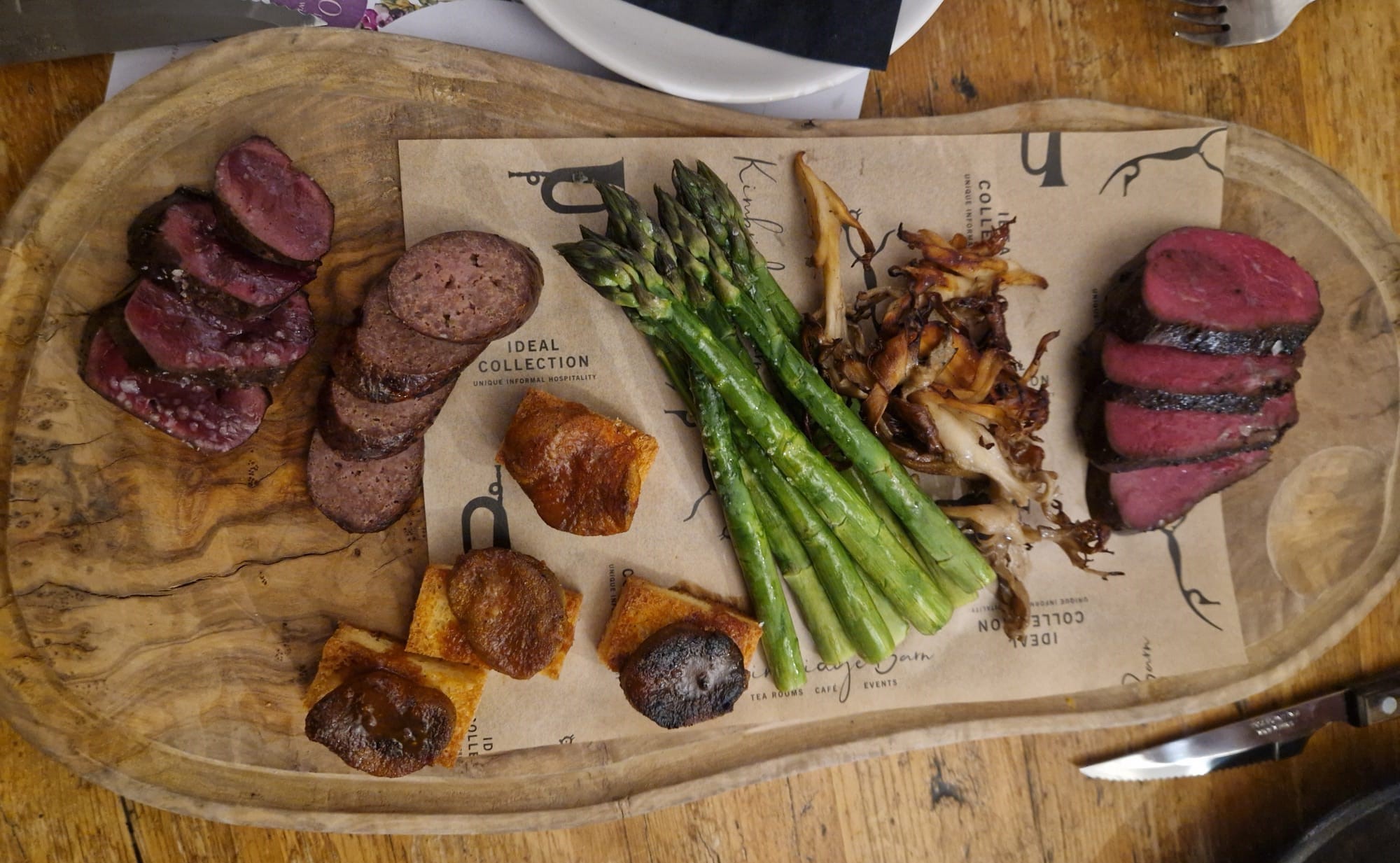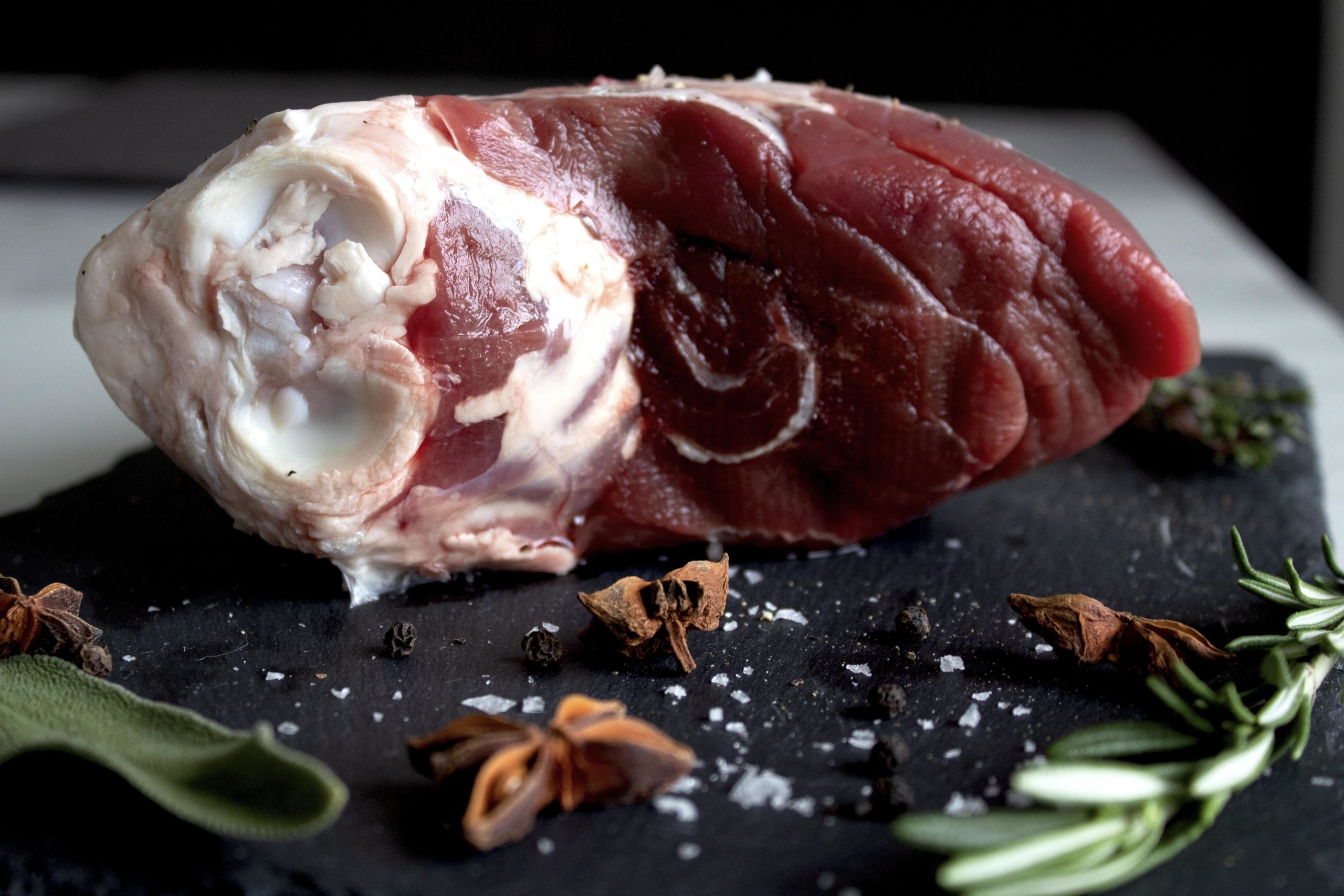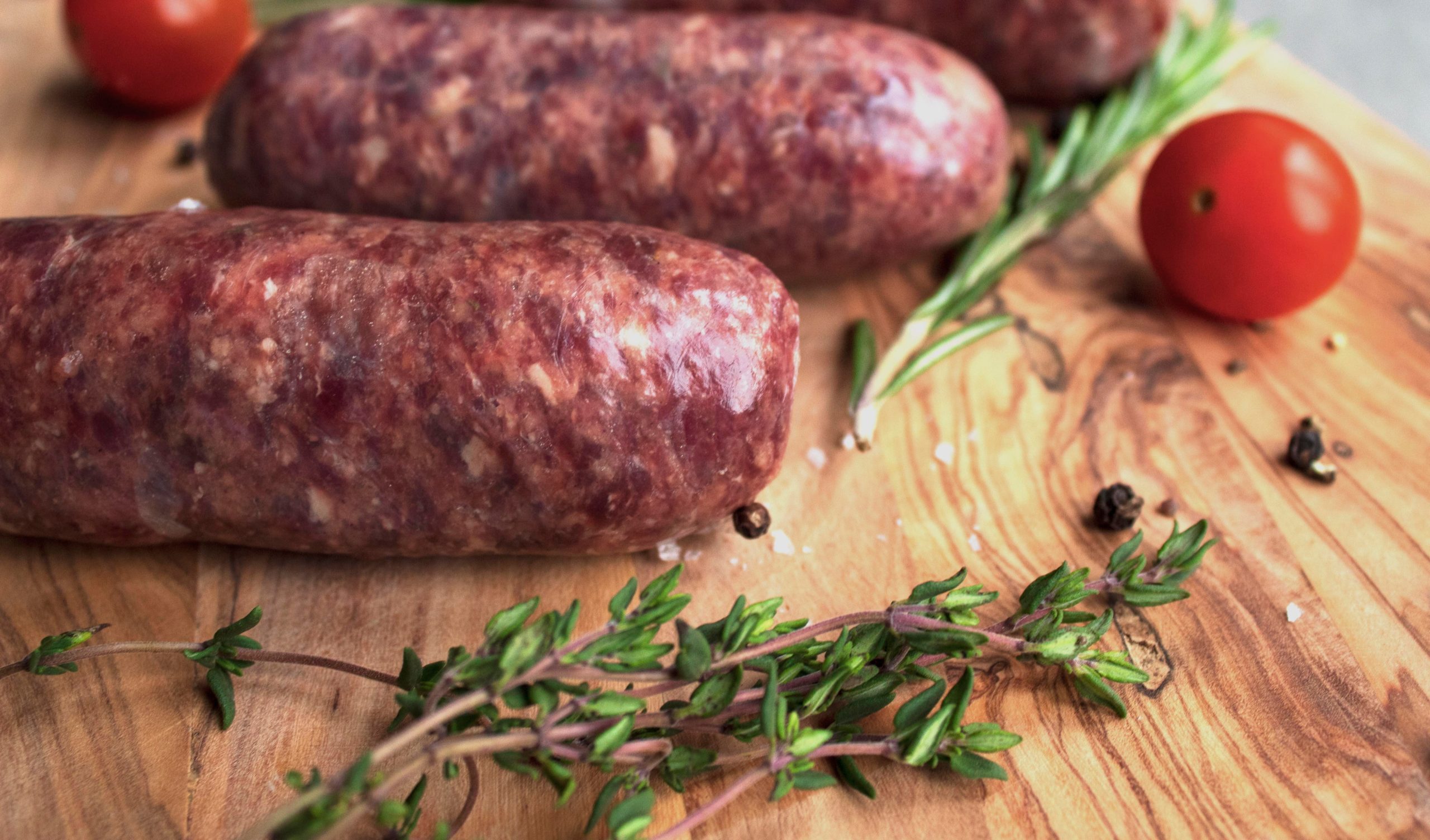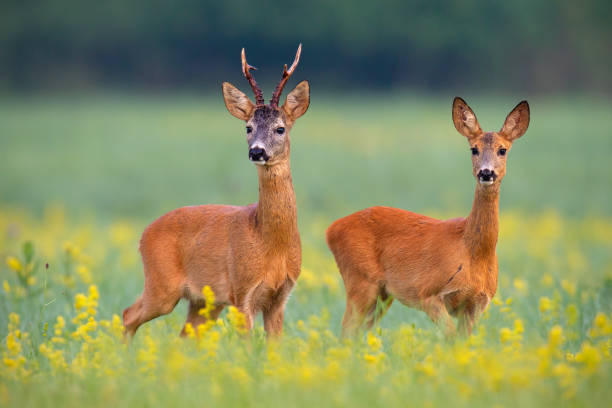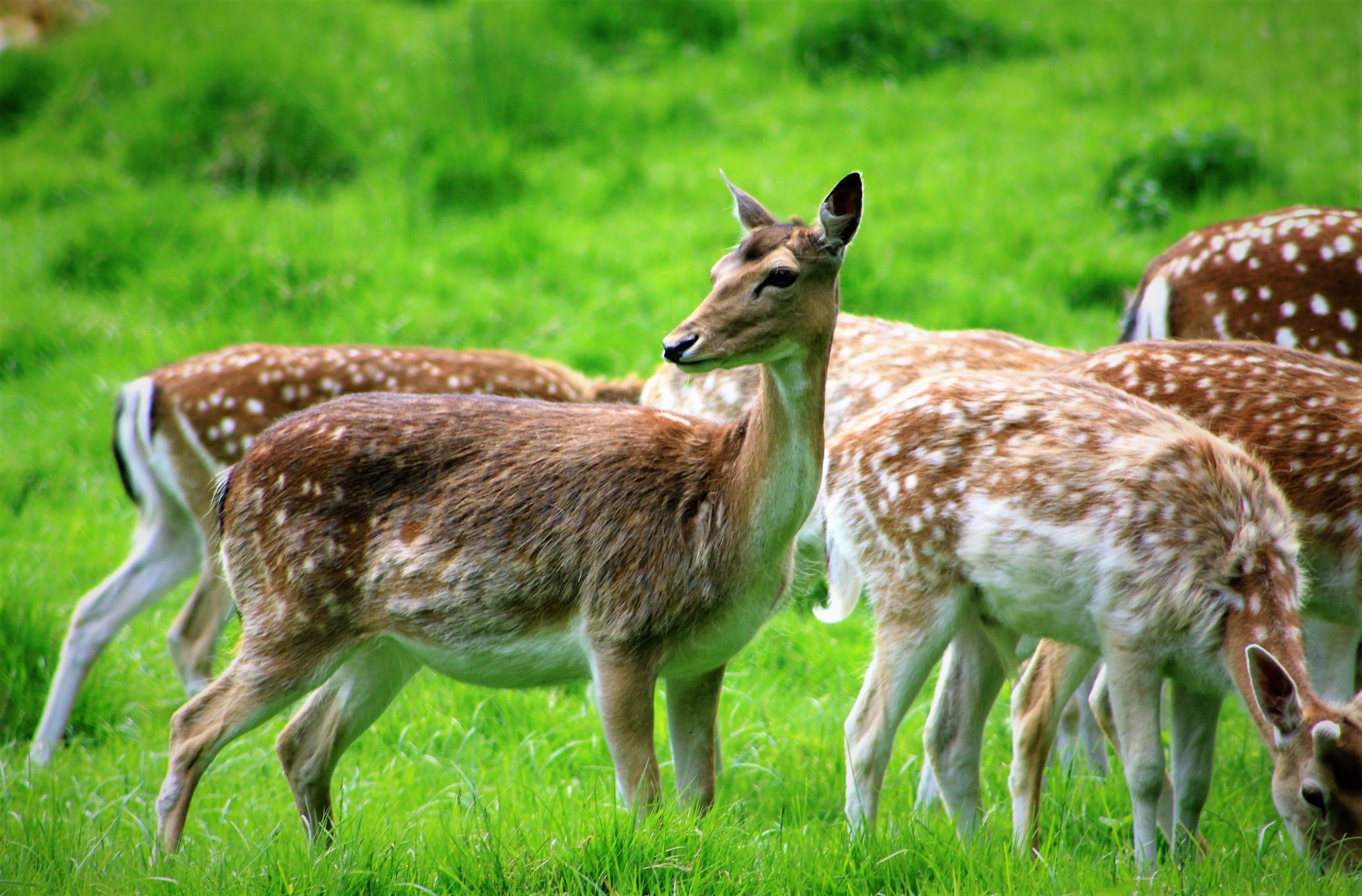Venison is a “super meat”, being very lean, low in both cholesterol and fat, and high in omega oils, key minerals and other vitamins. All our venison is 100% wild not farmed, which is sustainably harvested by us on local estates and farms in the Test Valley, on a “field to fork” basis.
Most UK supermarket venison is farmed only and often imported from many countries including New Zealand. Given the unprecedented rise in the UK deer population, we firmly believe that British wild venison should be eaten so deer managers, stalkers and gamekeepers have a receptive market for wild deer carcasses.
Wild deer are not exposed to any anti-biotics, hormones and other medical treatments, as they roam free and feed on arable crops, grass, herbs, plants, weeds, tree buds, leaves and brambles. This gives wild venison its very distinctive and rich taste.
Our venison sausages and burgers are prime venison (only local pork is added in the sausages). All the wild deer are culled, inspected, butchered and processed by us so we can control full food traceability and product quality.
We are proud to operate on a “field to fork” basis within a 20 miles radius, so our local customers know the providence of their venison and our activities benefit the wider local farming community and economy.
